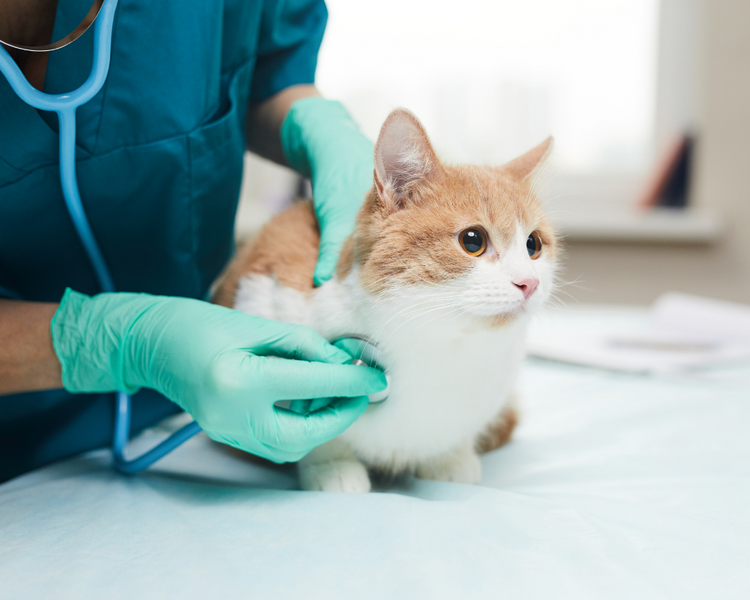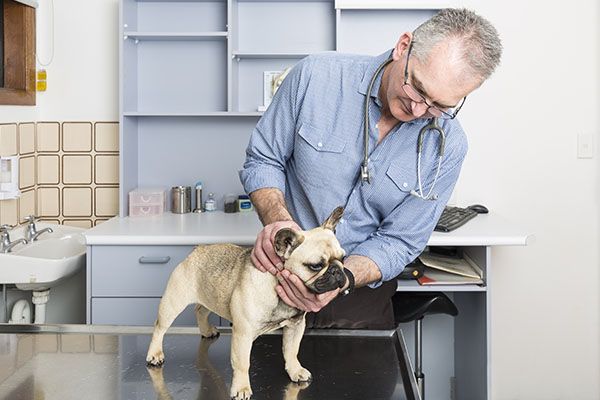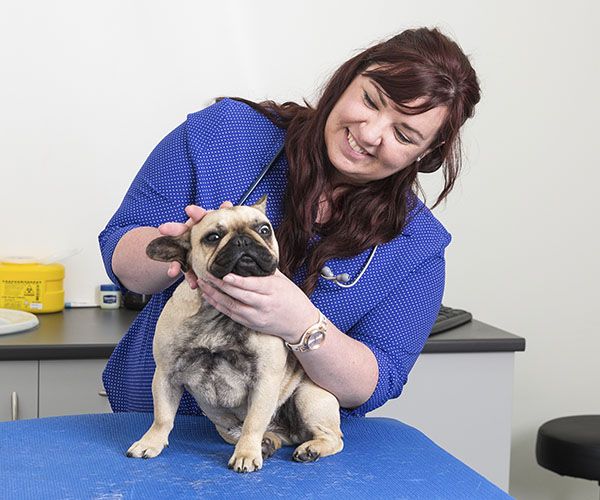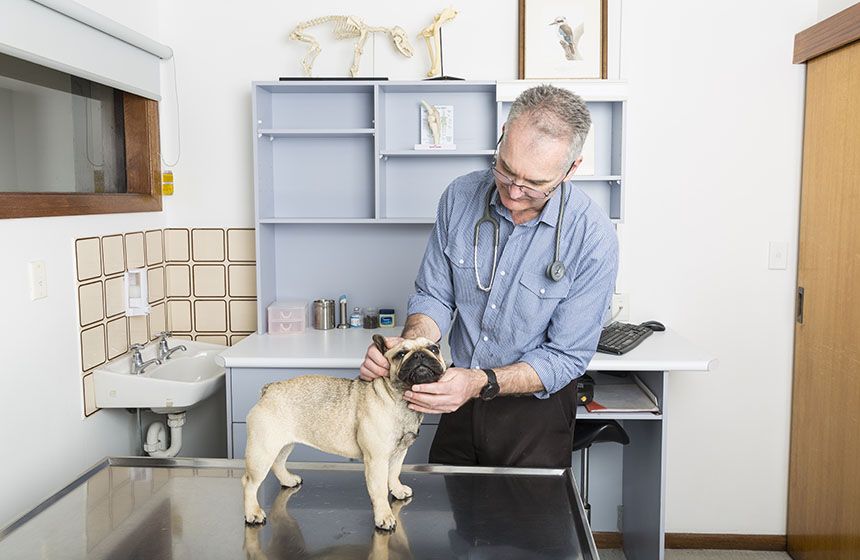Hilton Update
On the morning of 7/3/24, an arson attack occurred at our Hilton clinic. Fortunately, no patients or team members were present during the incident. Currently, we are evaluating the extent of the damages and diligently working towards the prompt restoration of our services. Our goal is to resume client services in some capacity after Easter 2024. Stay tuned for further updates!
For appointments, medication script refills, and all your pet needs, please contact our O’Halloran Hill Centre at 8381 2300. Your understanding and support are invaluable to us during this challenging period. We appreciate your patience, and we will keep you informed as we make progress.

PETS HEALTH VETERINARY PRACTICES
Pets Health Veterinary Practices is a full-service animal centre with clinics located in Hilton and O’Halloran Hill. We have been the best local source of quality, compassionate, and reassuring veterinary care for over 20 years.

OUR VETERINARY SERVICES
From general pet health, standard dentistry, and microchipping to diagnostic digital X-rays and surgery, we have you covered. Desexing procedures, internal and external parasite checks and treatments, and in-house laboratories are all essential parts of keeping those younger pets healthy. When they start to show some concerning symptoms, our veterinarians can provide experienced pet illness treatments, a weight loss program with nutritional counselling, and finally, senior pet care to help them through their golden years.

PETS HEALTH VETERINARY PRACTICES
Pets Health Veterinary Practices is a full-service animal centre with clinics located in Hilton and O’Halloran Hill. Established in 1996, we have been the best local source of quality and compassionate veterinary care. Our goal is to help you keep your pet happy and healthy through each and every stage of their life.
FRIENDLY & CARING STAFF
The fully qualified and highly trained team of veterinarians and staff are prepared to provide you with the veterinary care and compassion your pet deserves. We treat every pet that comes through our doors like family, getting to know each one of them. Pets Health Veterinary Practices is a family-owned business that employs and serves local community members alike.










